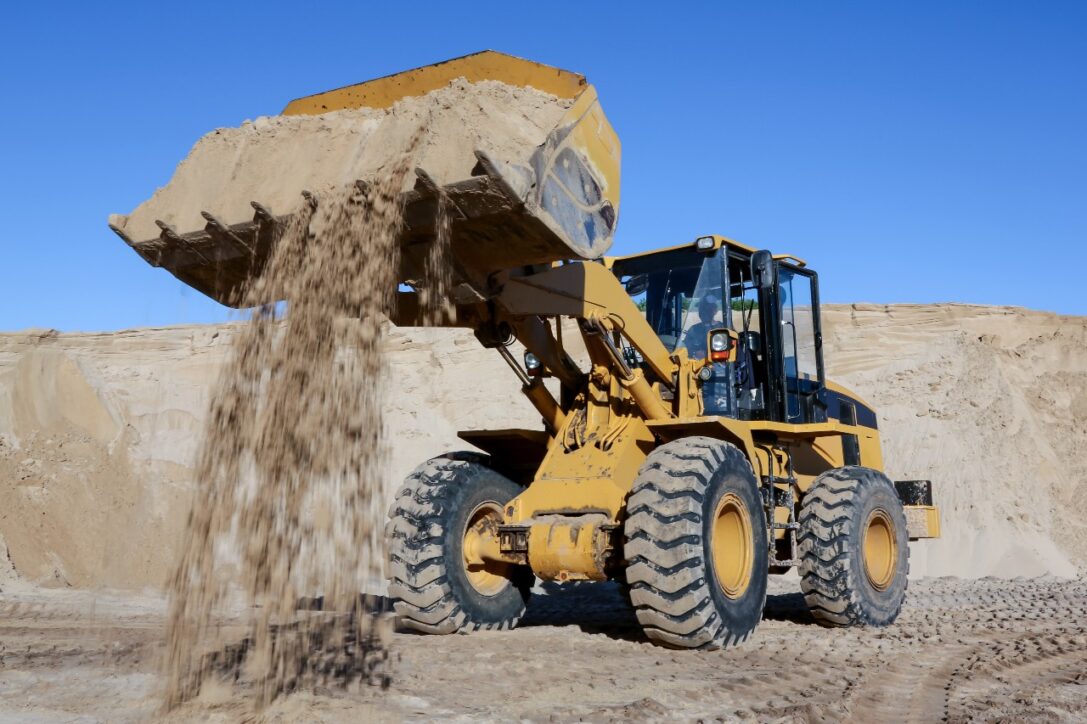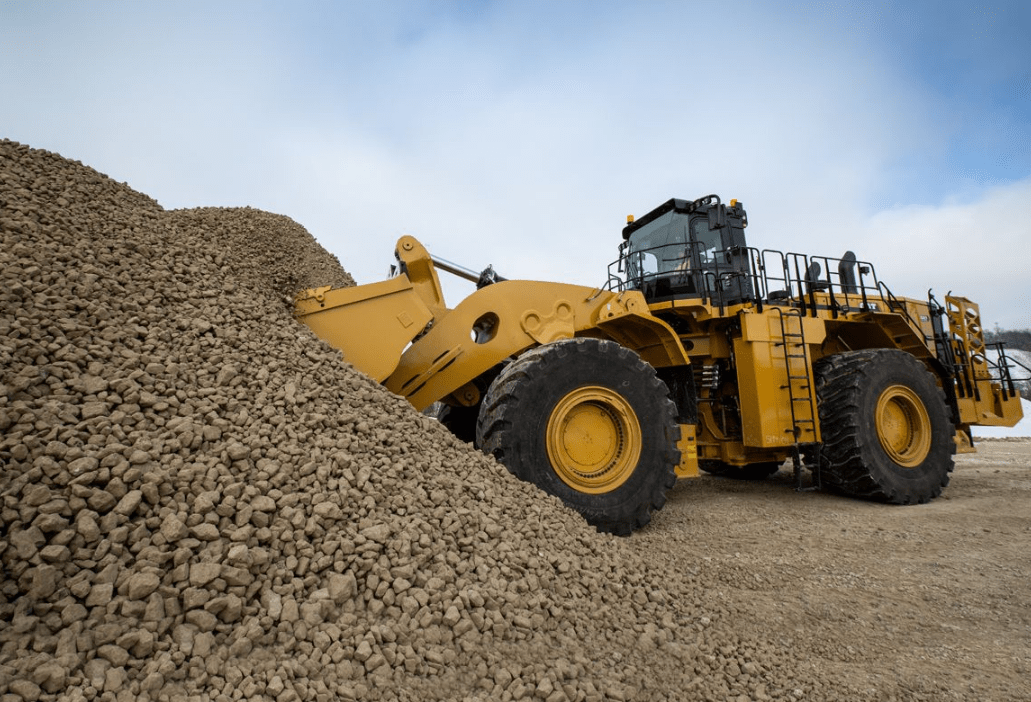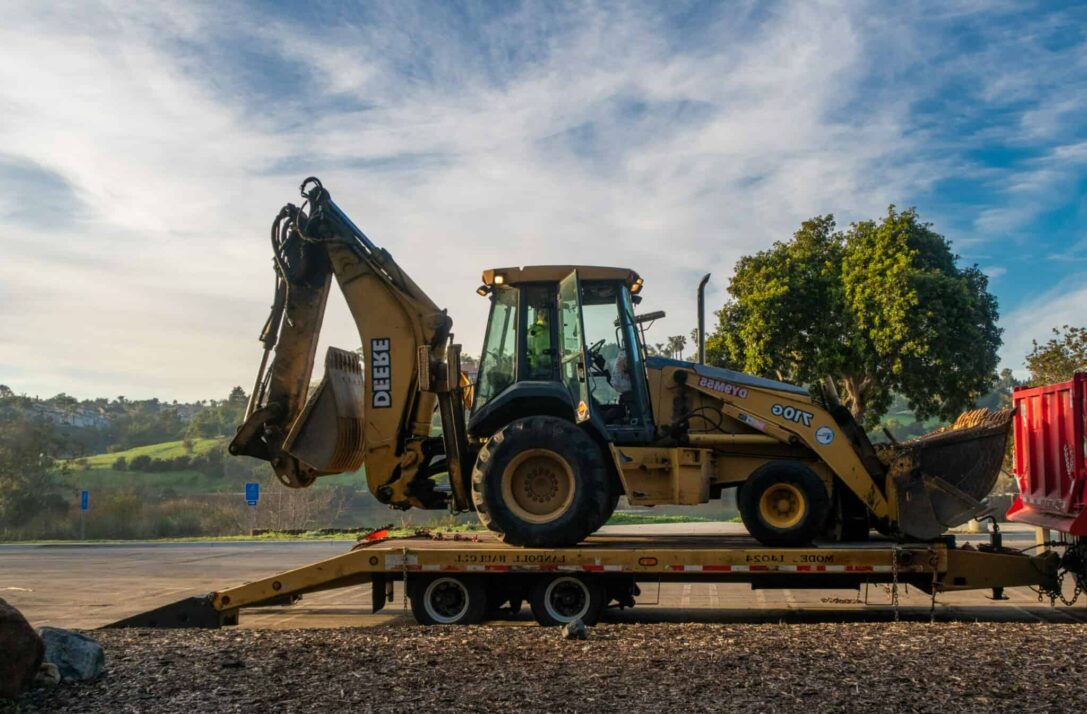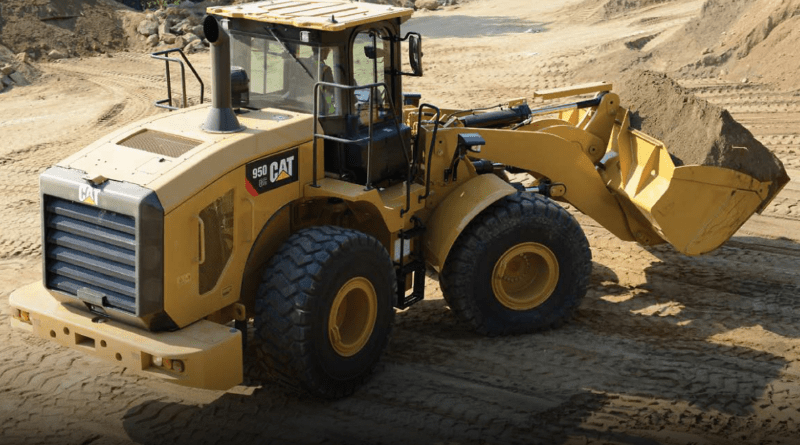4 Expert Tips to Help You Choose Your First Loader
A fact you learn very early in the construction game is that some tools and machinery are better rented while others need to be bought. The machinery you use once every few projects are the ones you want to hire.
Then there are those nifty little machines that have multiple functions and just make life easier for just about everyone on the job site. It’s this understanding that often sends project managers looking through the loader for sale ads before taking on a new project.
Tips to Consider Before Buying a Loader
Loaders are known by many names. Skid steers, skid loaders, wheel loaders or even shovel dozers. But no matter what you choose to call this nifty little piece of equipment, there’s no denying that your construction job will benefit from having one on standby.
Skid steers can be used to perform a whole host of different jobs. The most significant of these include the following:
- Grading
- Dozing
- Digging
- Land clearing
- Lifting a range of different materials
- Transporting materials around the job site
- Snow removal
It’s easy to see why every project manager wants one! If you’re potentially buying a loader for the first time, then there are a few tips you should keep in mind to ensure you buy a machine that will give you value for money.
Inspections are Essential

Heavy machinery is one of those items that you don’t buy out of a catalogue. Even if you’re buying it brand new! Always visit a showroom where the particular unit is on show, so you can do a proper inspection.
If you’re not all that familiar with what to look for, take an experienced colleague along. Alternatively, you could also take the person who will be operating the vehicle with you to the showroom to assist with the basic checks. A few features to inspect:
- Potential defects: This doesn’t only refer to used machinery. Keep in mind that new machinery can also be defective. Be sure to check both the interior and the exterior.
- Any leaks: Machinery that’s being advertised on sale shouldn’t have leaks of any kind. This is especially important to check when buying used machinery. Taking a unit with leaks will just add to your maintenance bill.
- Easily accessible: There is a fair amount of self-servicing tasks that usually go along with maintaining the machine’s engine. To do this, the engine must be easy to reach with minimal tools.
- Check for accessories: Loaders are popular because of their many accessories. Enquire about the types that work with the model you’re considering. Assess their prices and practicality around the average job site.
Perform a Test Drive
Wherever possible, insist on a test drive—especially if you or your loader operator is unfamiliar with the model or brand of vehicle. Remember, just because it looks new and shiny doesn’t mean it will be easy to drive and handle over rough terrain.
It’s always a good idea to test drive a variety of different loader models to get an idea of how they compare and how they’ll handle out in the field. Machinery should make your project easier, not more stressful. Once again, it’s worth getting your loader operator’s opinion as he’s the one who will be operating it all day.
Avoid Discontinued Models

Many people buy discontinued models because they’re either cheaper or the buyer is familiar with the model. While we all want to work with machinery we have faith in, it’s important to keep in mind that once a machine becomes discontinued, so do replacement parts.
Furthermore, discontinued models also have outdated features and advantages. This could set you back on tenders where you’re competing against bigger companies. Being able to offer specialised services or machinery may just give you the edge you need.
Double-Check Required Size and Performance
While you may be considering the biggest and best unit on the market, it’s essential to analyze your average job requirements. Assess what you want the machine to do, and also check the space requirements.
If your company has ever only had projects with rough terrain and narrow spaces, then it makes sense to invest in a machine that’s relevant for these scenarios. Rather than invest in a large machine, consider opting for a smaller model and use the extra money to buy the accessories used most often on the average job site.
Final Thought

When it’s time to start shortlisting options for your next loader purchase, start by assessing what you need versus what’s on the market. Consider aspects such as manoeuverability and terrain requirements.
Keep in mind that buying a loader that accommodates a range of accessories will add functionality to your new piece of equipment. For the price of one machine, you could get a unit that can perform a bunch of different tasks. This may actually get the job done sooner and more efficiently!



